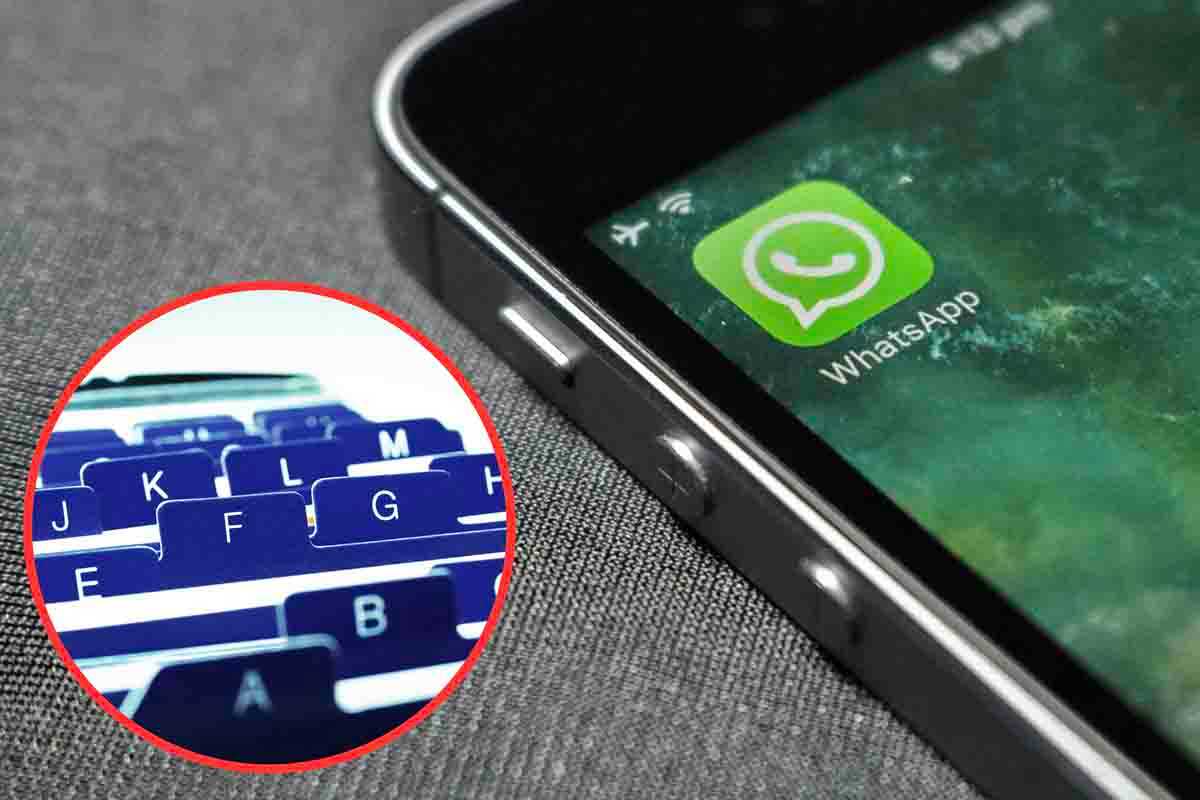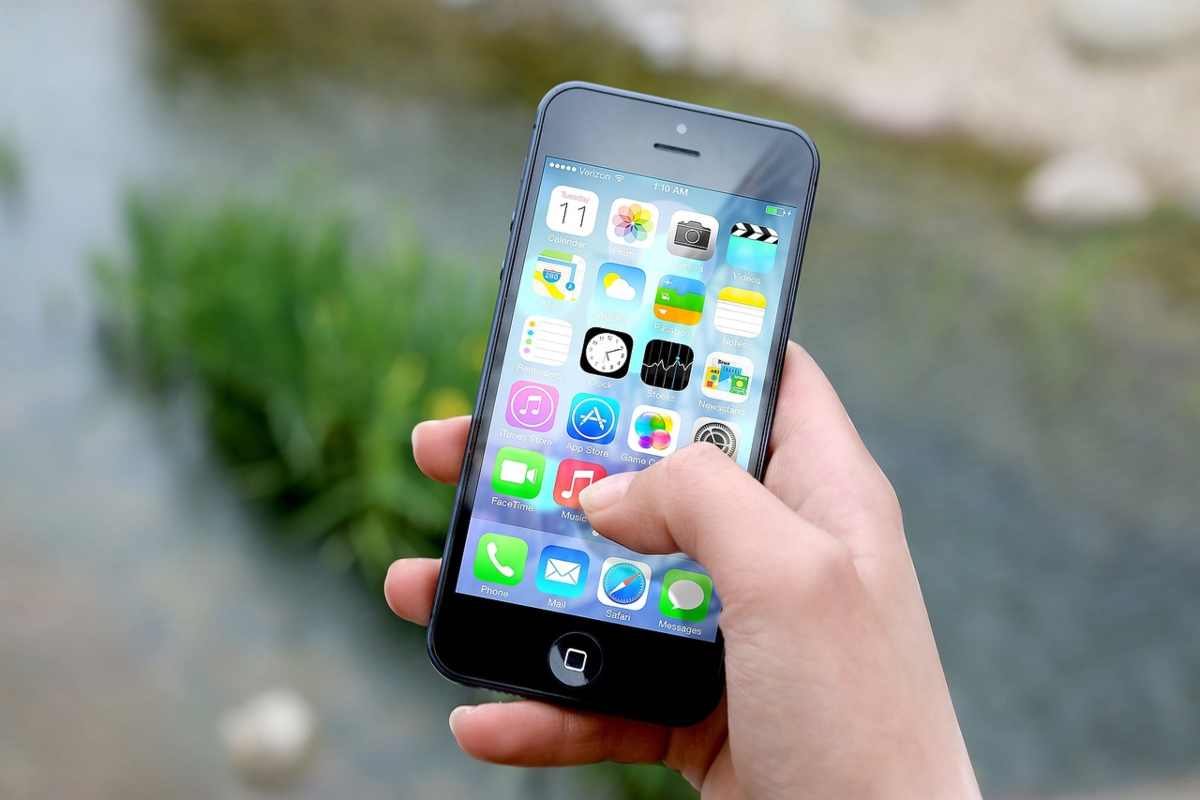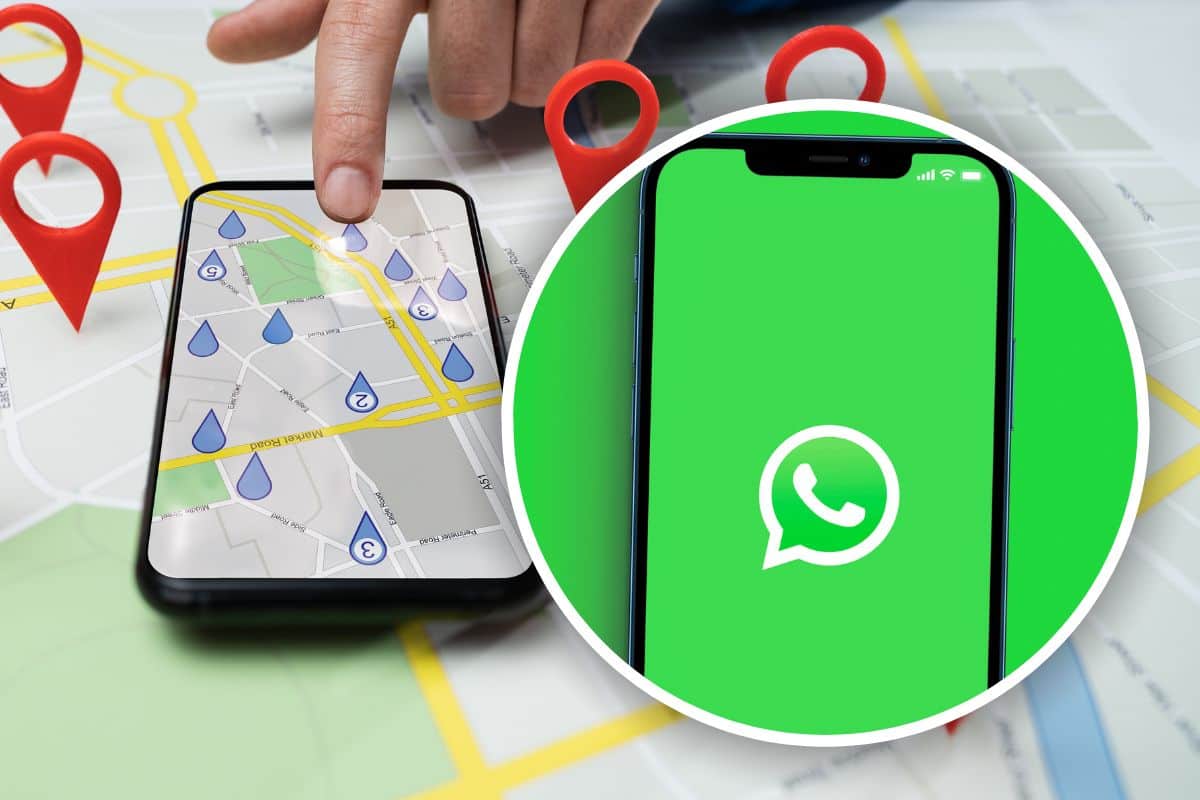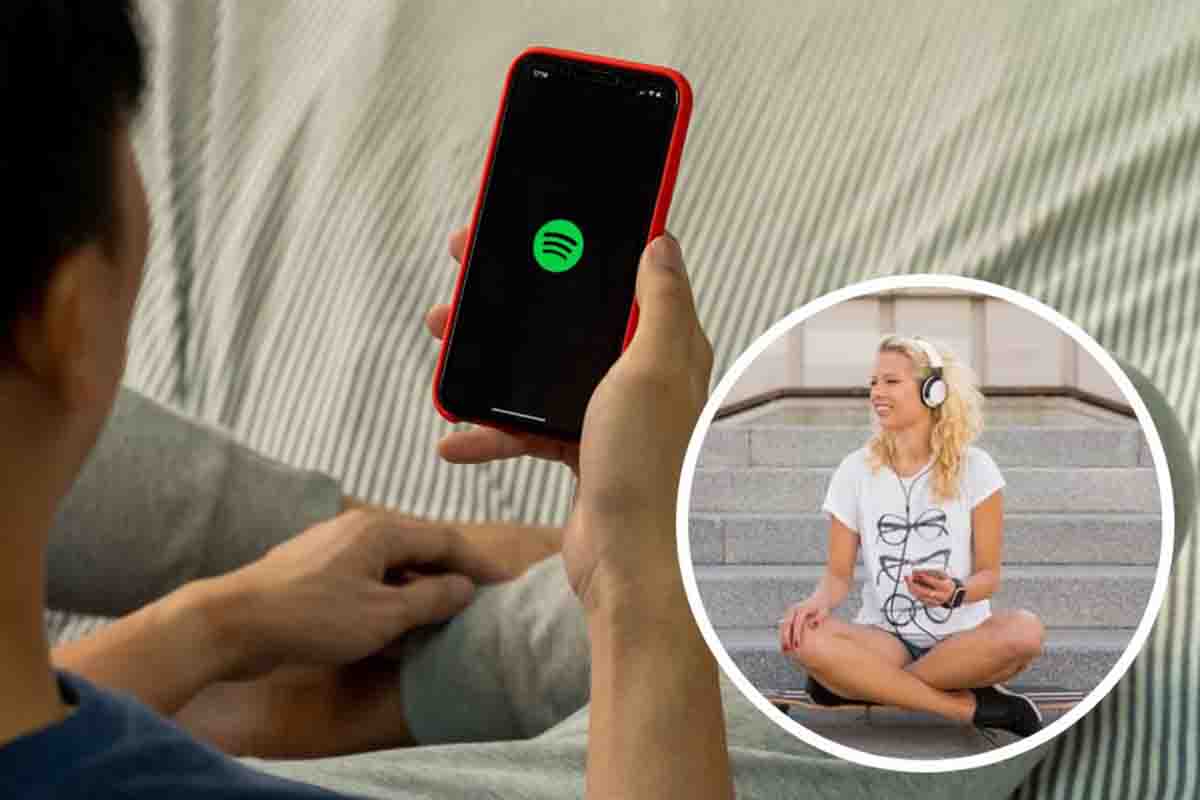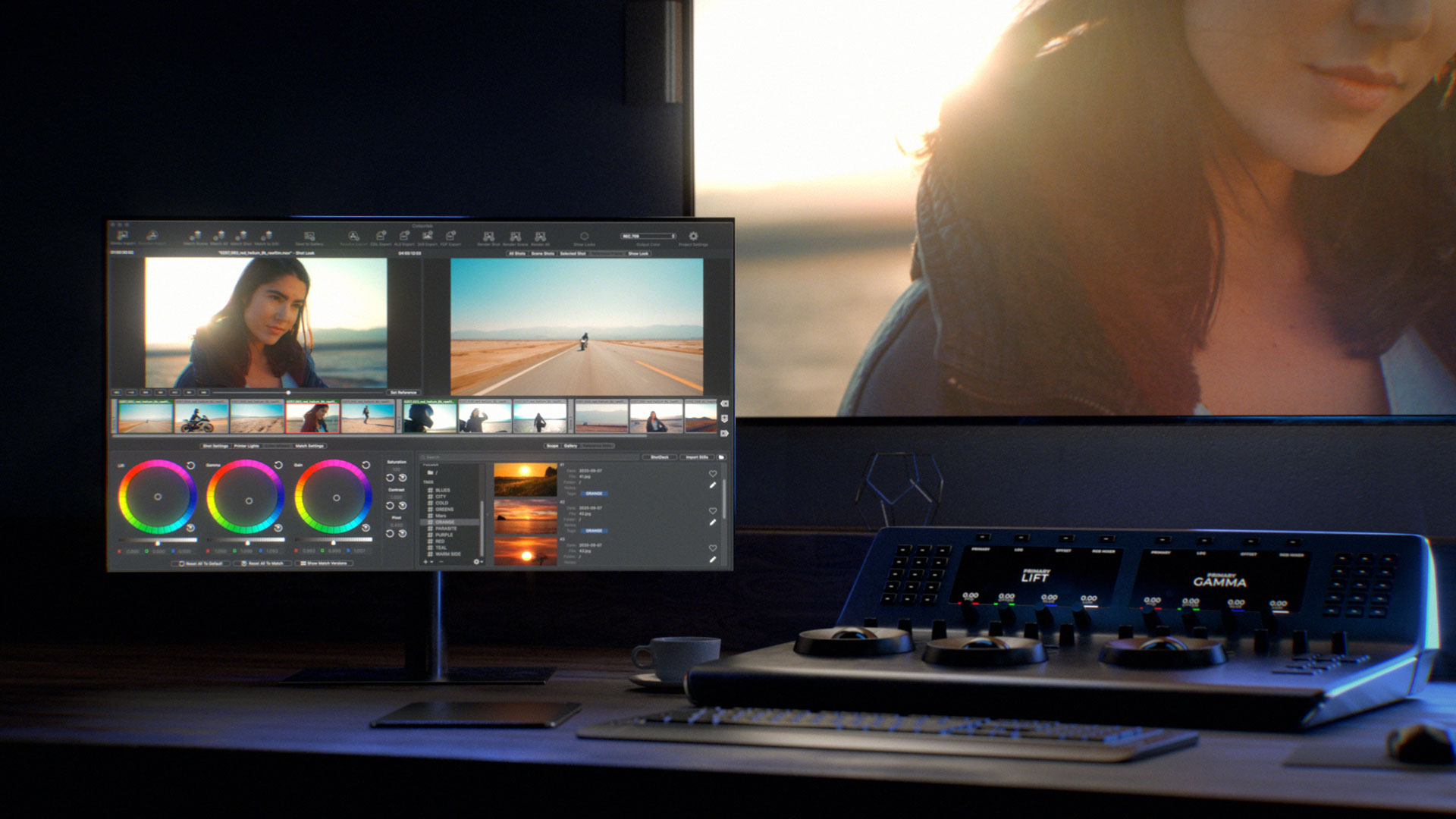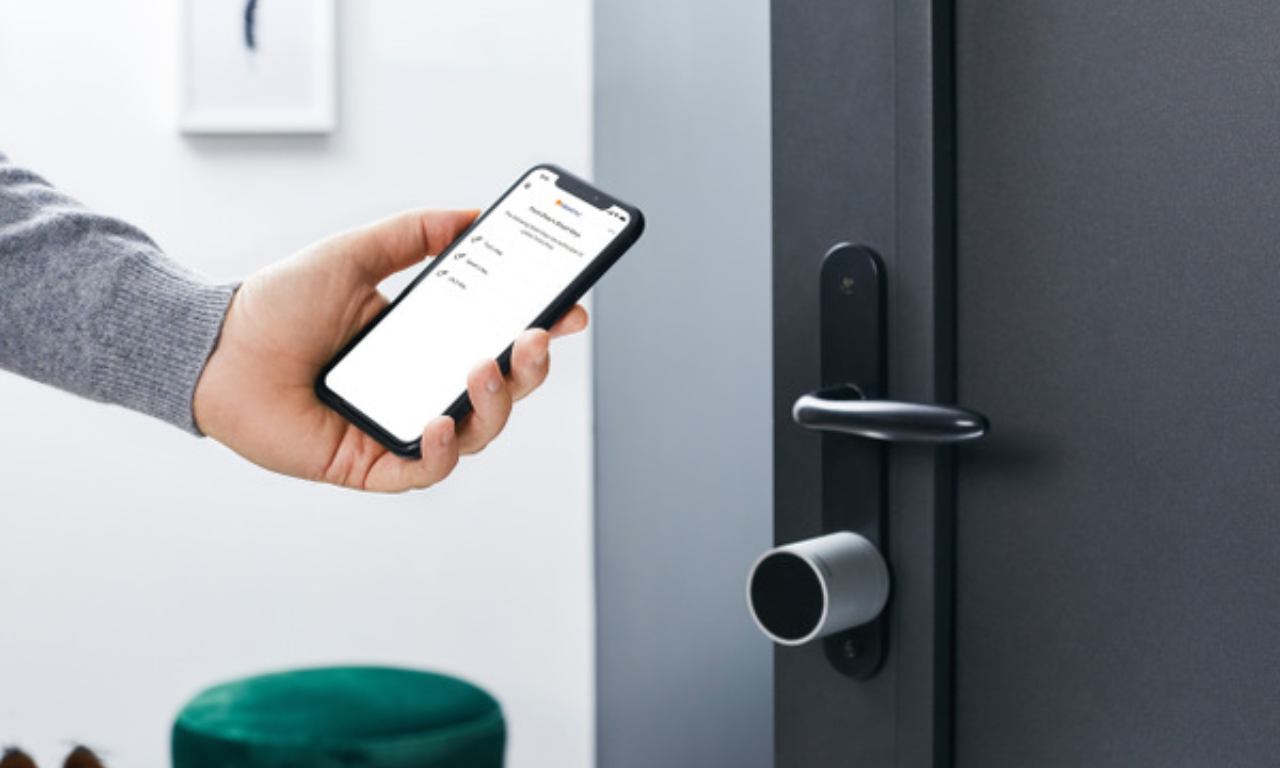(Pocket-lint) – We didn’t expect Google’s first mention of Android 12 – the next iteration of Android expected in 2021 – to be about app stores and fees.
Well, with Apple and Epic going hammer and tongs over that very issue, we perhaps shouldn’t be surprised that Google has dropped an Android Developers blog post on that very issue.
It makes for slightly dry reading, the sort of thing that will consumers might feel free to skip over, but that developers who want to distribute and sell on Android will need to be mindful of.
It outlines that Android will be looking at ways to support more app stores, making the point that many Android devices already offer multiple stores. Samsung has always pushed it own store alongside the Play Store, and in the future, Android will be looking at ways to give more parity to this experience, judging by the details discussed.
That’s not likely to bring about a huge change, but it might make it easier for those who want to use a different store for distribution, or those companies who have so many apps that they want to bundle them all up within their own store, for example.
The focus appears to be on ensuring that security and customer protection isn’t sacrificed, and that’s always been one of the motivations for using the Play Store, with Google Play Protect, rather than sideloading apps on Android devices (which you’re still free to do), or using third-party stores.
In Android 12 there will be some differences when it comes to using third-party stores it seems. We suspect there’s going to be a focus on privacy and security, but perhaps a slicker mechanism so it doesn’t feel like you’re doing something wrong when operating outside the Play Store environment.
As Epic Games commented in April 2020 on the experience: “Google puts software downloadable outside of Google Play at a disadvantage, through technical and business measures such as scary, repetitive security pop-ups for downloaded and updated software, restrictive manufacturer and carrier agreements and dealings, Google public relations characterizing third party software sources as malware, and new efforts such as Google Play Protect to outright block software obtained outside the Google Play store.”
When it comes to fees, there’s reinforcement of the policy that those using the Play Store who sell apps, or digital goods within those apps, will have to use Google Play’s billing system. That’s the system that takes a 30 per cent cut of those purchases, which has proven contentious in the case of Apple and Epic.
The blog post goes on to detail only 3 per cent of developers on the Play Store sell goods and of those 3 per cent, only 3 per cent again, don’t use Google’s billing system. That is who this message is really aimed at, reinforcing the point that if you’re selling on Android via your app on the Play Store, you need to use Google’s billing system.
While the numbers don’t sound huge, there are potentially some big players who have been skirting around that by redirecting potential subscribers to external sites to make those payments. Engadget points out that Spotify and Netflix do exactly that.
What does this have to do with Android 12? From the billing side, nothing really: Google is giving a year’s grace – until 30 September 2021 – for developers to make sure they are meeting those billing requirements.
Writing by Chris Hall.



